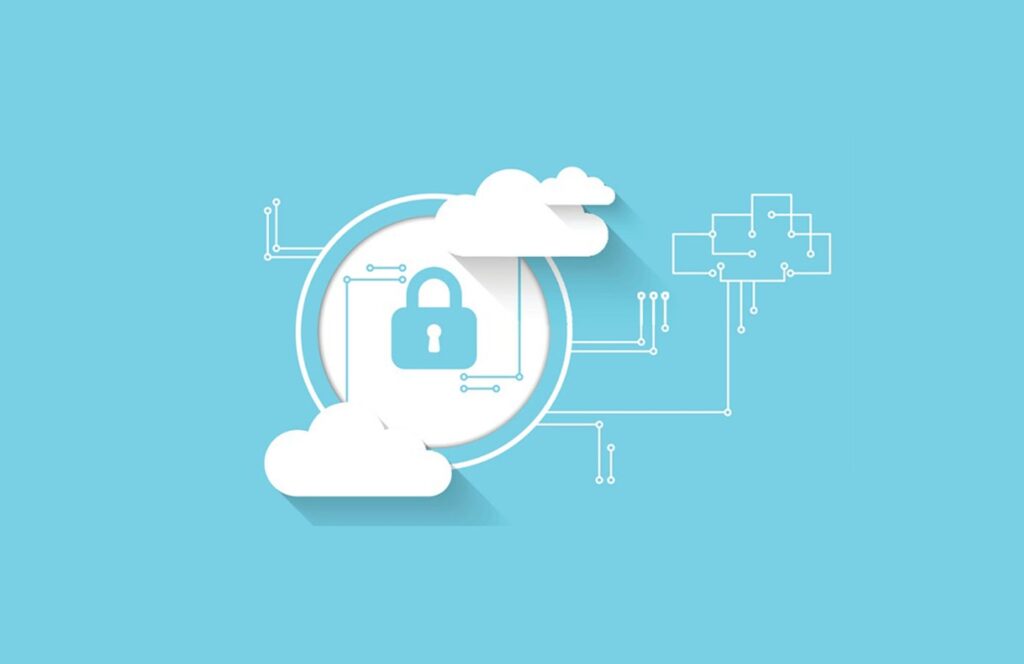The global pandemic forced millions of companies into the cloud. And it must be said with some trepidation. Despite the overwhelming transition to cloud computing, less than 50% of corporate data is stored in the cloud.
Data privacy laws have complicated cloud storage services. Would you be jeopardising sensitive customer data by keeping it in cloud storage?
On top of that, the scaremongers at The Information Commissioners Office (ICO) are quick to bang on the door of companies that fail to comply with GDPR.
In addition, decision-makers are quite rightly perturbed by reports that key players in cloud storage – Amazon, Microsoft, Apple and Google – have all been compromised. This begs the question, can these companies protect your data?
On the flip side, cloud computing adds a multi-layered defence system to your cybersecurity measures. In many ways, cloud computing can help to sure-up your cyber defences.
Storing data in the cloud also gives you an escape route in the event your business network is frozen by hackers using ransomware. Data is backed up in the cloud and instantly retrievable.
Whilst moving to the cloud is inevitable and does offer plenty of benefits, firms must install a file-sharing strategy and a security strategy before migrating to a cloud platform.
Cloud Computing is a Two-Way Endeavour

There has to be an element of trust between cloud providers and their customers. After all, you are entrusting them to take care of business-critical data. And in some cases, sensitive data.
With regards to privacy, data is encrypted. It can only be read if you have the keys. Cloud providers don’t have access to these keys so they are not able to access sensitive data.
The most pressing question is cybersecurity. You want to be assured that the cloud platforms and software are secure. This is where cloud computing becomes a two-way endeavour.
Before entering into a contract with a cloud provider, determine where your responsibility lies with regard to data security. If you are unfortunate enough to suffer a data breach, one party or the other has to be accountable.
Understanding accountability in the event of a data breach is a critical question to ask cloud providers. And it would appear the corporate cloud provers shift all the blame onto their customers.
Lawyers in the US state: “it is the data owner that faces liability for losses resulting from a data breach, even if the security failures are the fault of the data holder (cloud provider).”
Given Microsoft, Google, Apple and Amazon will not be held accountable, the ICO will direct fines at businesses using their services. The only way for businesses to share accountability is by using managed IT services that provide cloud computing.
IT Support Cybersecurity Solutions

Cybersecurity firms report that 90% of data breaches are down to human error. The majority of errors are employees opening attachments in emails that contain malicious malware.
Weak and reused passwords can also be cracked with sophisticated software that generates millions of possible password combinations. Misconfigured cloud software also leave vulnerabilities in computer systems.
Cloud service providers should offer fundamental security tools including encryption, two-way authentication, anti-virus software, access control, data backup and security patches.
IT support services will go one step further and deliver a cybersecurity package that includes patch management and a disaster recovery strategy. Outsourcing your IT is arguably more reliable than working directly with corporate entities. They also provide other services that give you more flexibility.
Data security is not 100% guaranteed in the cloud, but with the right cloud provider, there is plenty you can do to ensure privacy and mitigate the risk of loss or theft.




